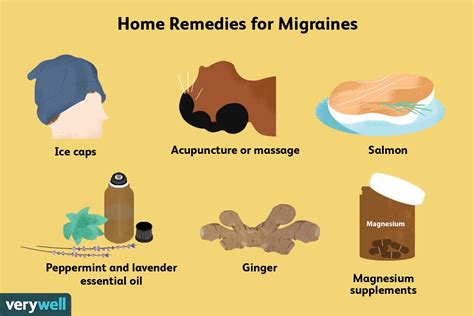How to Treat a Migraine: A Comprehensive Guide
Migraines. The mere mention of the word conjures images of debilitating head pain, nausea, and extreme sensitivity to light and sound. For millions worldwide, migraines are a recurring and often debilitating condition. While there's no single cure, understanding how to treat a migraine effectively is crucial for managing symptoms and improving quality of life. This guide explores various treatment strategies, from over-the-counter remedies to preventative measures.
Understanding Migraine Triggers
Before diving into treatment, identifying your personal migraine triggers is paramount. Tracking your migraines and potential triggers in a journal can be incredibly helpful. Common triggers include:
- Stress: Stress is a significant migraine trigger for many. Stress management techniques are key.
- Diet: Certain foods and drinks, such as aged cheeses, processed meats, caffeine, and alcohol, can trigger migraines.
- Hormonal Changes: Fluctuations in estrogen levels, particularly in women, can significantly impact migraine frequency.
- Environmental Factors: Bright lights, loud noises, strong smells, and changes in weather patterns can all contribute to migraine onset.
- Sleep Disturbances: Both lack of sleep and excessive sleep can trigger migraines.
Identifying your triggers allows for proactive avoidance and significantly reduces the frequency of migraines.
Acute Migraine Treatment: When a Migraine Strikes
When a migraine hits, swift action is crucial. Here are some effective acute treatment options:
Over-the-Counter Medications:
- Pain Relievers: Nonsteroidal anti-inflammatory drugs (NSAIDs) like ibuprofen or naproxen can provide relief from mild to moderate migraine pain. Always follow the recommended dosage.
- Acetaminophen (Tylenol): Acetaminophen can also be effective for pain relief, often used in conjunction with other medications.
- Combination Medications: Some over-the-counter medications combine acetaminophen with caffeine or other pain relievers for enhanced effectiveness.
Prescription Medications:
For more severe migraines, your doctor might prescribe:
- Triptans: These medications are specifically designed to treat migraines and work by narrowing blood vessels in the brain.
- CGRP Inhibitors: These newer medications target a protein involved in migraine pain pathways. They are often effective for those who don't respond well to triptans.
- Other Medications: Depending on your individual needs, your doctor might prescribe other medications to address nausea, vomiting, or other associated symptoms.
Preventative Migraine Treatment: Long-Term Management
Preventing migraines is as important as treating them acutely. Preventative measures focus on reducing the frequency and severity of attacks. These may include:
- Lifestyle Changes: Addressing stress through relaxation techniques like yoga, meditation, or regular exercise can be highly beneficial. Maintaining a regular sleep schedule and a healthy diet are also crucial.
- Medication: Your doctor might prescribe preventative medications, such as beta-blockers, anticonvulsants, or antidepressants, to reduce migraine frequency. These medications are not meant for immediate relief but for long-term management.
- Botox: In some cases, Botox injections can be an effective preventative treatment for chronic migraines.
When to See a Doctor
If your migraines are severe, frequent, or unresponsive to over-the-counter treatments, it's essential to consult a doctor or neurologist. They can help determine the underlying cause of your migraines and develop a personalized treatment plan. Don't suffer in silence. Seeking professional help is crucial for effective migraine management.
Key Takeaways:
- Identify your triggers: This is the first step towards effective migraine management.
- Have a treatment plan: Be prepared with both acute and preventative strategies.
- Consult a healthcare professional: Don't hesitate to seek professional help for persistent or severe migraines.
By understanding your triggers, utilizing appropriate treatments, and proactively managing your lifestyle, you can significantly reduce the impact of migraines on your life. Remember, effective migraine management is a journey, not a destination. Be patient, persistent, and work with your doctor to find the best approach for you.
